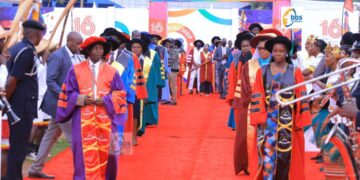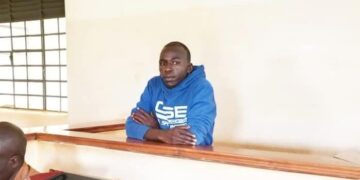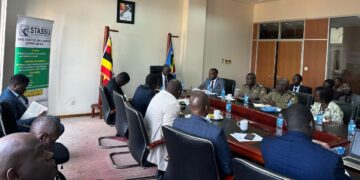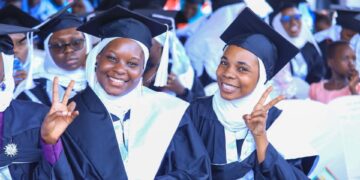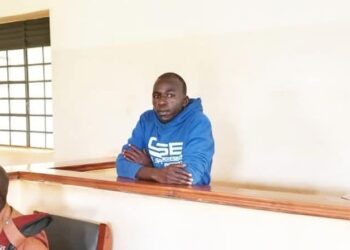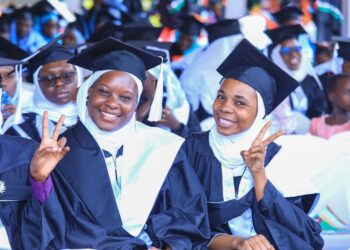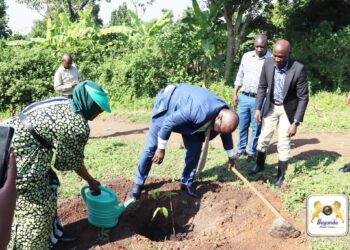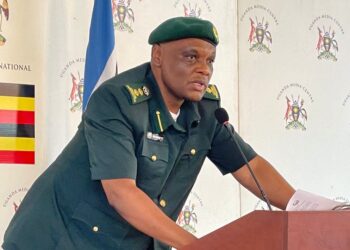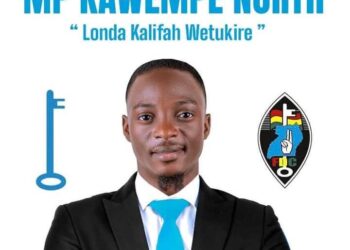By Ritah Atukwatse,
KAMPALA
The Uganda National Association of the Deaf (UNAD) has renewed calls for government to enact a comprehensive Uganda Sign Language (UgSL) Law, saying it is essential to safeguard the rights, dignity, and inclusion of deaf and hard-of-hearing persons in the country.
The call was made in commemoration of the International Week of Deaf People, observed globally under the theme “No Human Rights Without Sign Language.” UNAD emphasized that despite sign language being recognized in Uganda’s Constitution, the absence of a clear legal framework has left deaf persons struggling to access quality education, healthcare, and other essential services.
“Deaf and hard-of-hearing children face significant barriers in accessing quality education due to a lack of sign language instruction and trained teachers. Similarly, many encounter difficulties in healthcare because of inadequate communication support,” the statement noted.
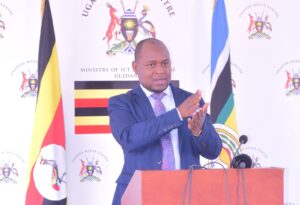
UNAD also warned that the absence of standardization and regulation of UgSL is undermining its integrity and threatening the cultural and linguistic identity of the deaf community.
According to the Uganda Bureau of Statistics, more than 1.3 million Ugandans live with hearing impairment, many of whom face daily challenges in accessing services. UNAD says this highlights the urgency of enacting a law that protects their rights.
Robert Nkwangu, Executive Director of UNAD, stressed that while government has made strides in disability inclusion, more must be done. “We appreciate the efforts so far, but without a comprehensive UgSL Law, it is difficult to ensure equal access to opportunities and services for all Ugandans, regardless of their abilities,” he said.
UNAD also proposed the establishment of a Uganda Sign Language Board to standardize, promote, and protect UgSL. The proposal, they argue, would also require adequate funding for sign language training programs, interpretation services, and public awareness campaigns.
“As we celebrate the International Week of Deaf People, we urge government to take concrete steps towards enacting a comprehensive UgSL Law,” Nkwangu added. “This law is critical for promoting inclusivity, equality, and accessibility.”
The International Week of the Deaf celebrations will take place from September 20 to 26, with the national celebrations slated for September 26 at Independence Park in Mbarara City. The Attorney General, will be the chief guest.
The Minister of State for Disability Affairs, Hon. Hellen Grace Asamo says the celebrations will feature various activities, including: Uganda sign language training and awareness, Market cleaning initiative, Public lecture and panel discussions, Football match between Bright Stars Deaf Football Club and a hearing team from Mbarara University of Science and Technology, Health camp with sign language interpretation and Radio and television talk shows on human rights issues affecting deaf people.
Minister Asamo reaffirmed the government’s commitment to promoting the rights and dignity of deaf individuals in Uganda.
“There’s no human rights without deaf rights,” Asamo said, stating that the government is committed to promoting the rights and dignity of persons living with disabilities, particularly the deaf community.
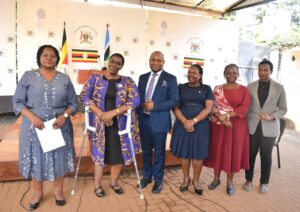
She also highlighted various initiatives aimed at enhancing inclusion and accessibility for the deaf community such as providing sign language interpreters at all public election-related events to ensure equitable access to electoral information, training police officers in sign language and provided incentives and promotions to motivate them, among others.
“The Uganda National Special Grant for Persons with Disabilities has benefited 420 deaf persons, with 213 males and 207 females receiving economic empowerment support,” Asamo said. “Over 500 deaf individuals have accessed essential healthcare services through sign language interpretation.”
With more than a million Ugandans relying on sign language, UNAD says the time is ripe for parliament to act, ensuring that no citizen is left behind in accessing their rights and services. The government is yet to respond to this proposal.















